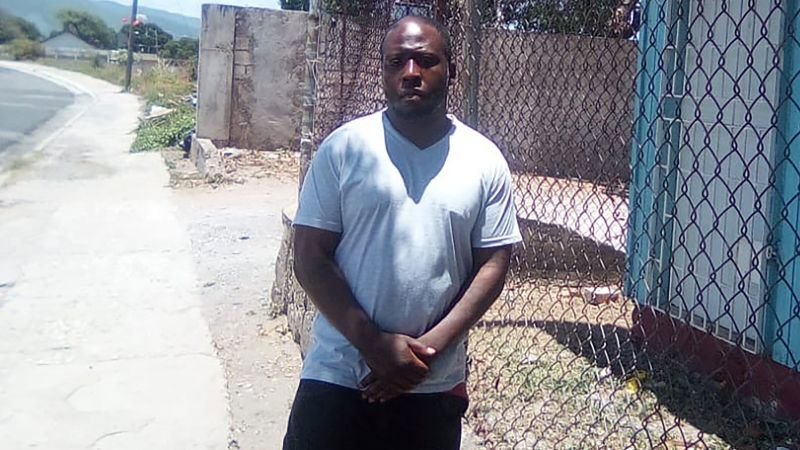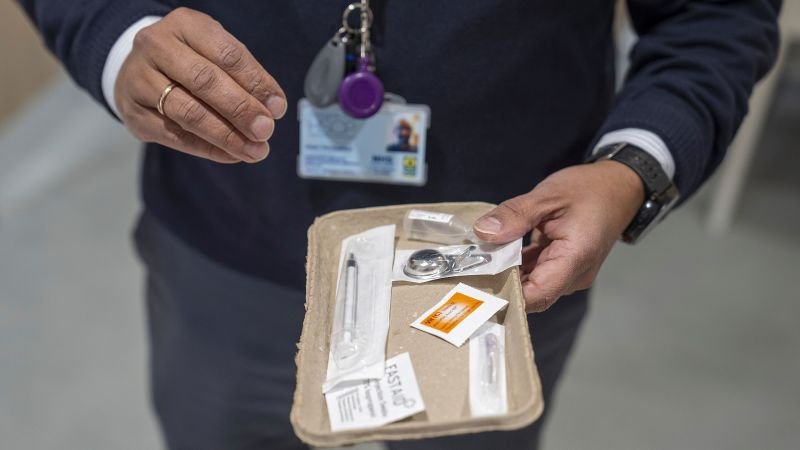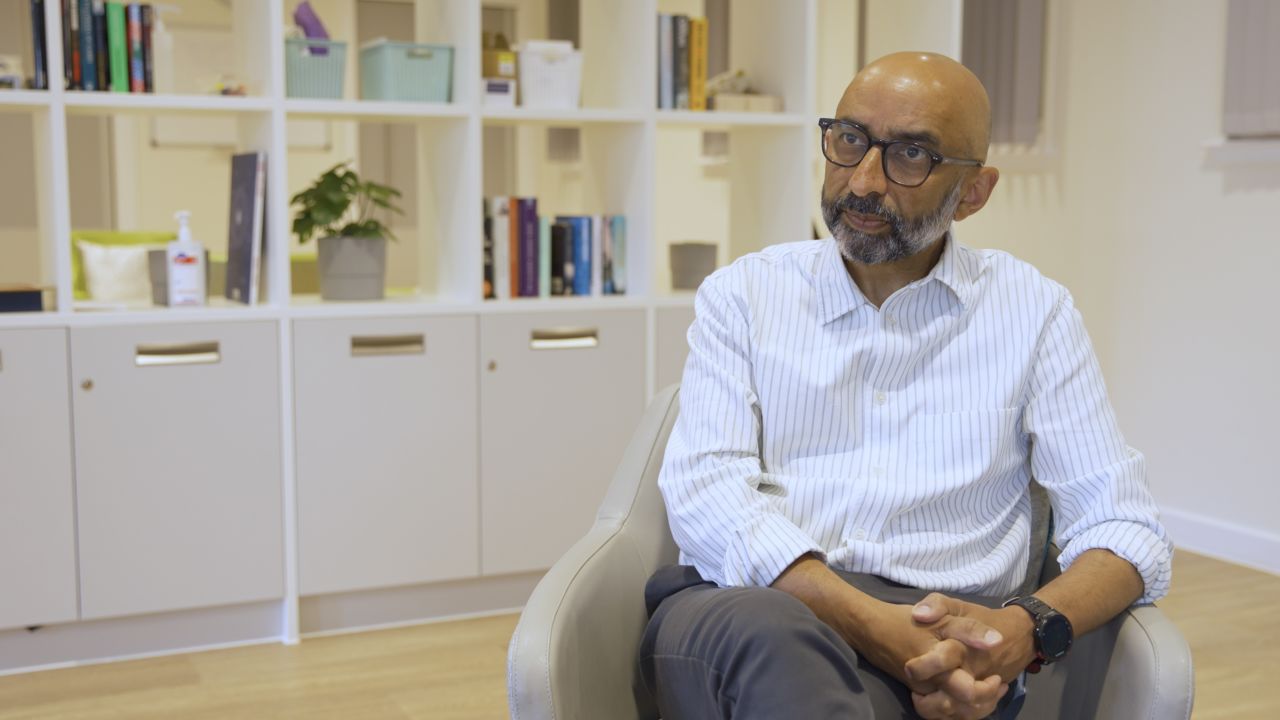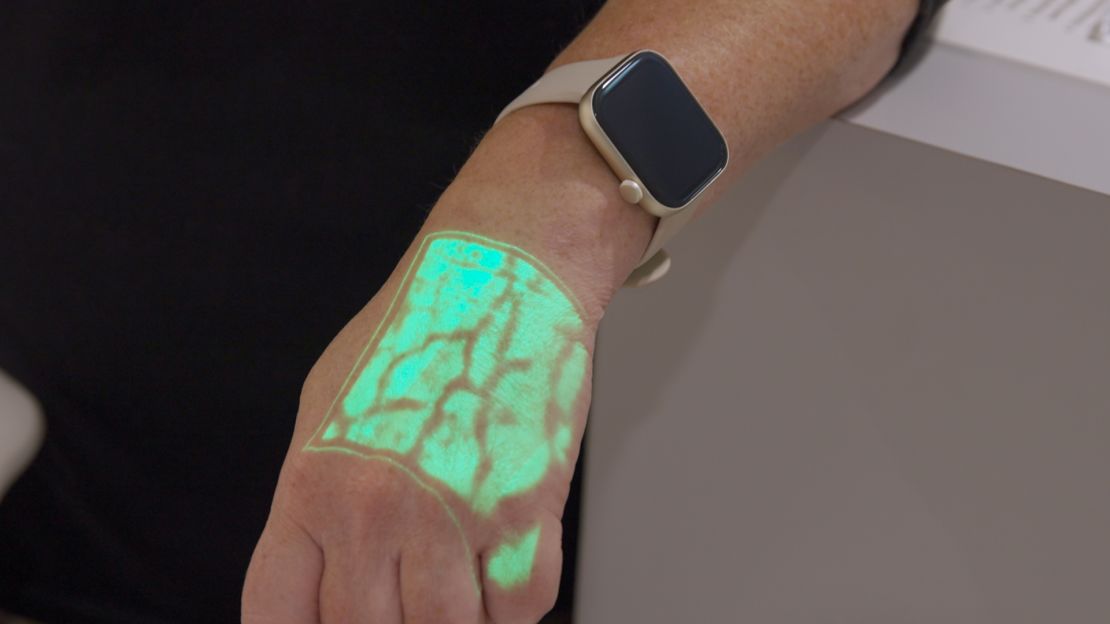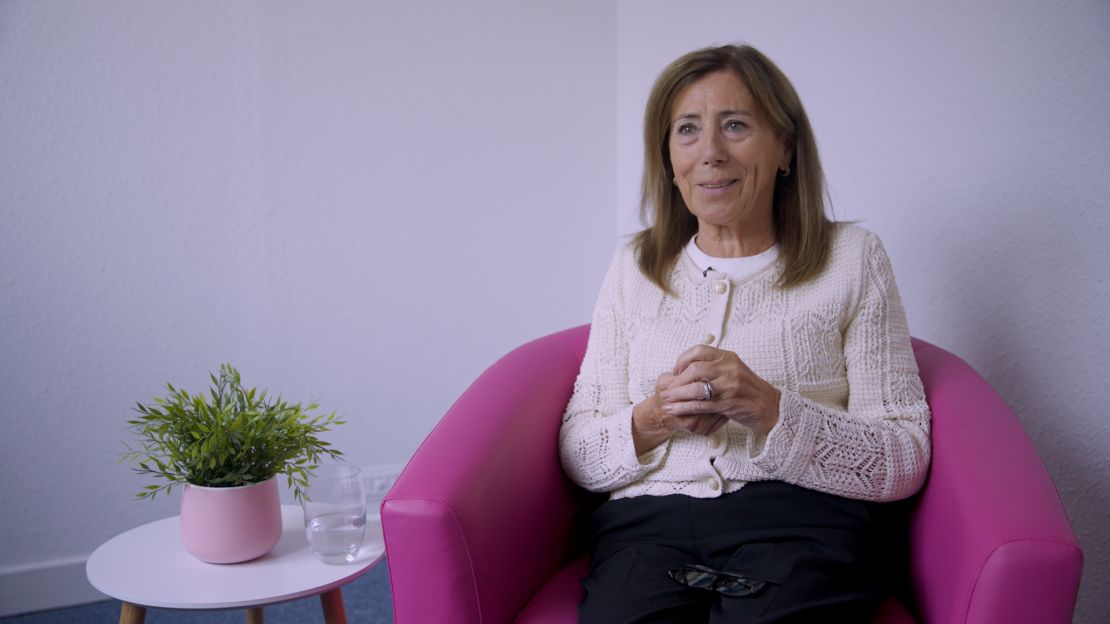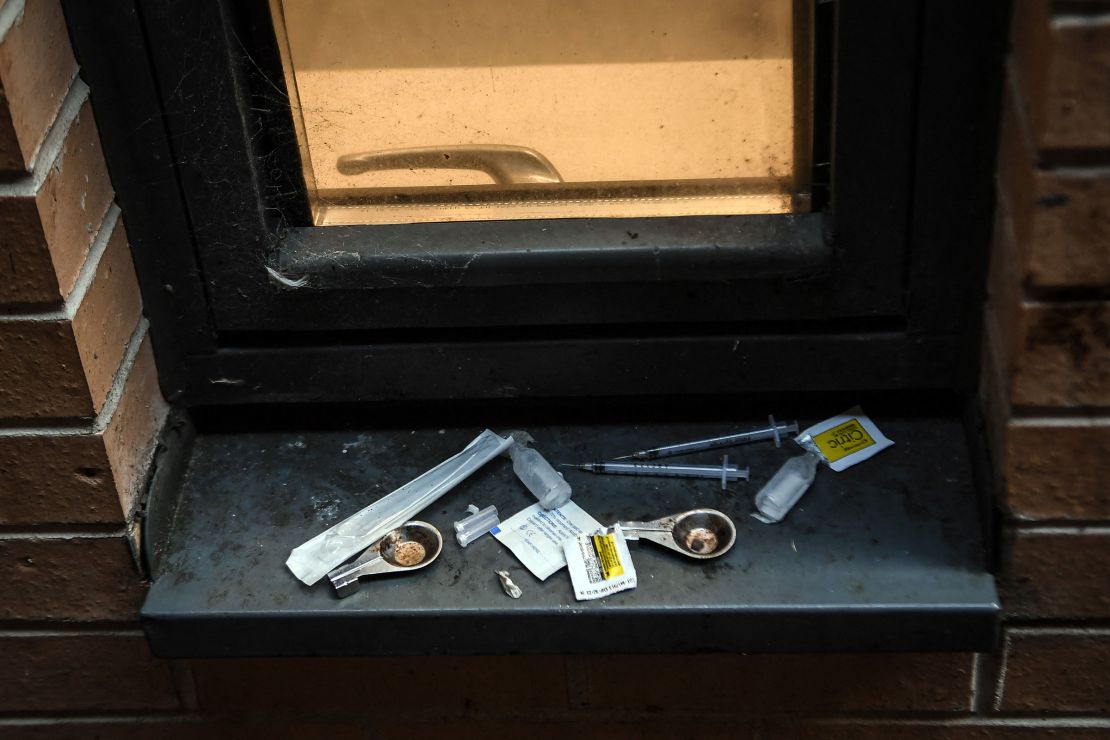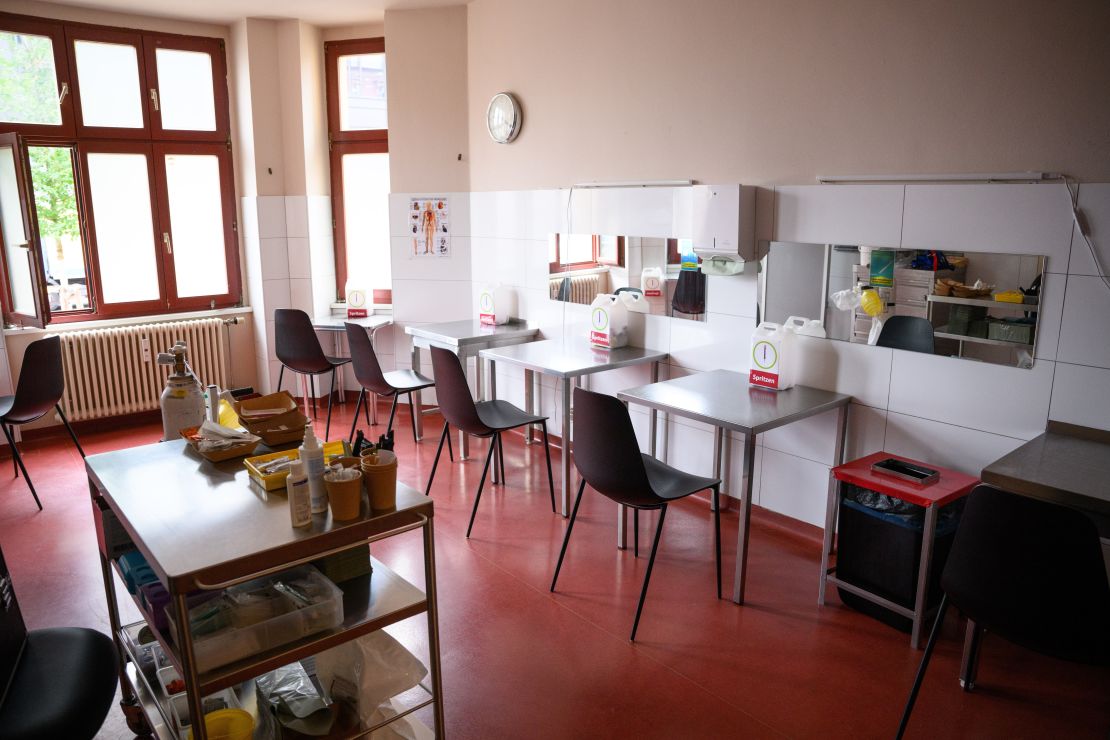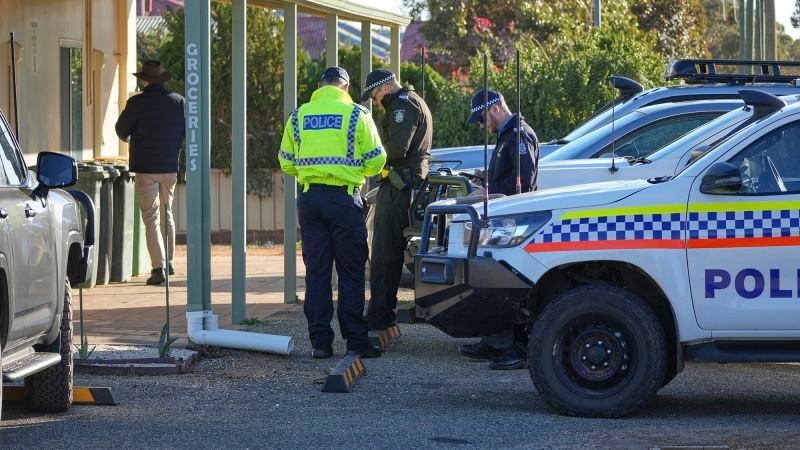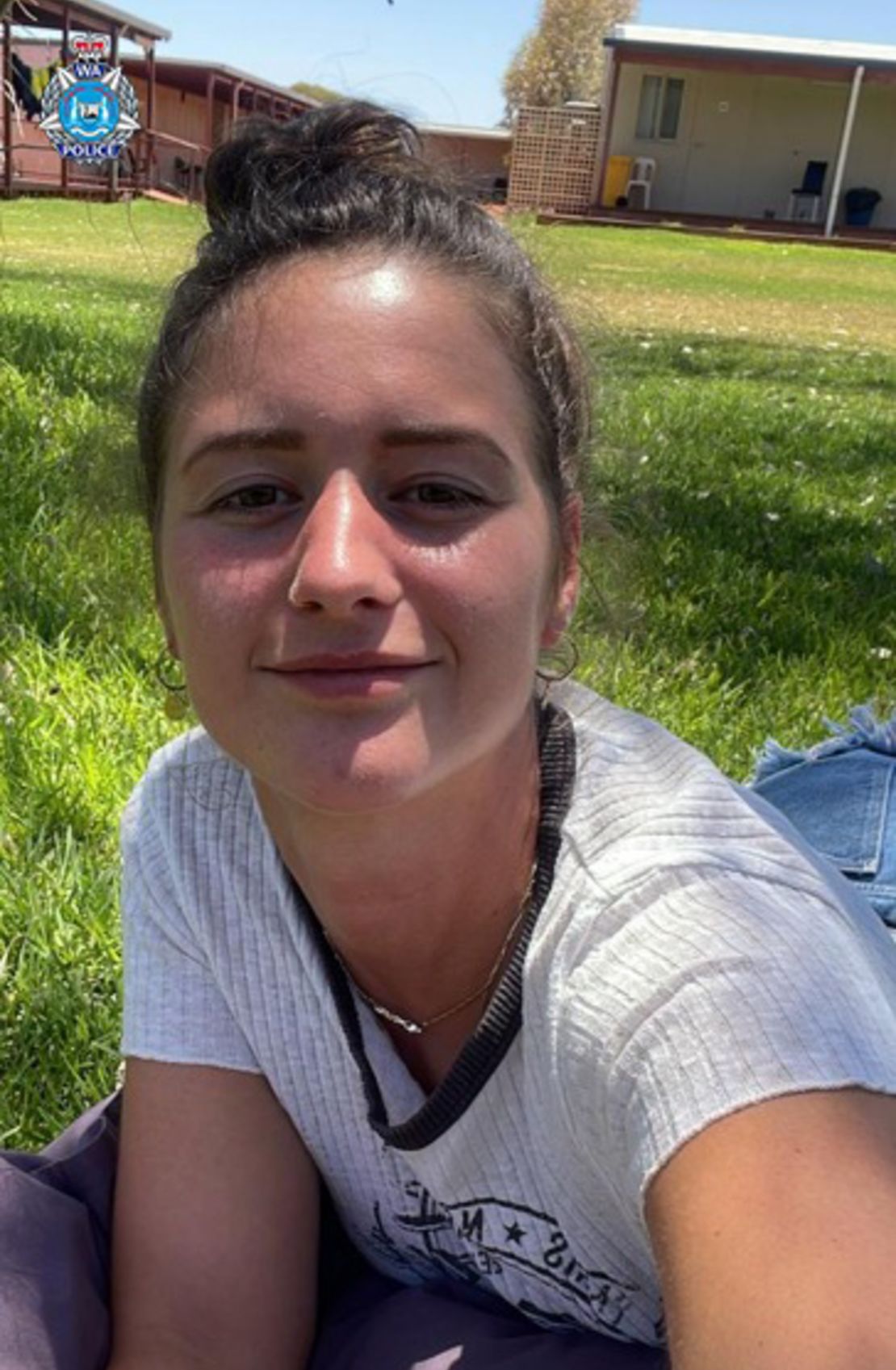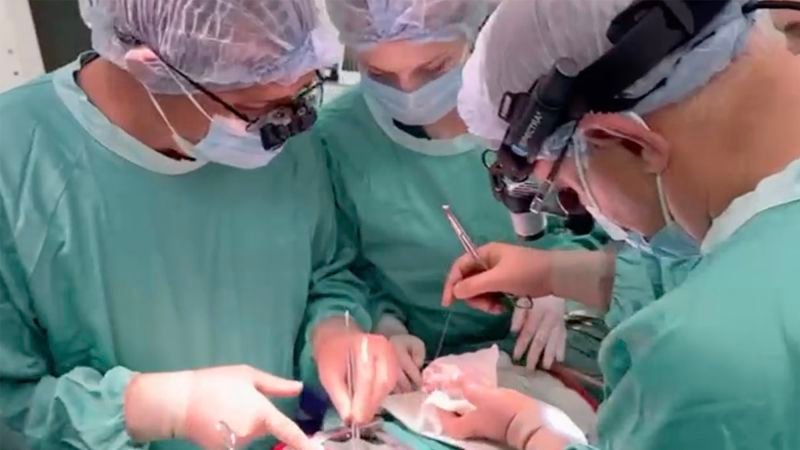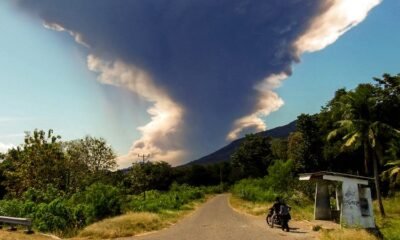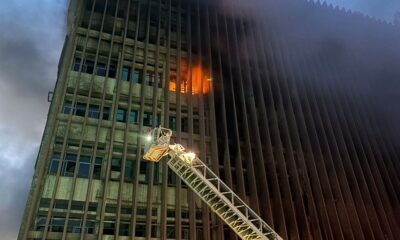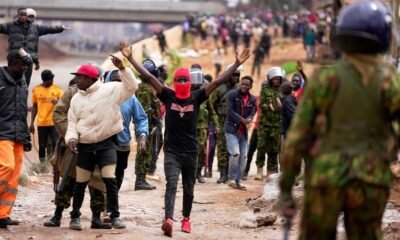Born on a US military base, the son of a US citizen father serving in the Army, Jermaine Thomas never considered he might not be American.
A month ago, he found himself shackled at the wrists and ankles and forced aboard a flight for Jamaica, his father’s birthplace and a country Thomas had never been to before.
“It’s too hard to put in words,” Thomas told CNN. “I just think to myself, this can’t really be happening.”
He is legally stateless, he told CNN. He is not a citizen of the US, although his father was a US citizen; Germany, where he was born at a US military hospital; Jamaica, his father’s homeland; or Kenya, where his mother was born.
Thomas, 39, says he spoke to CNN from a homeless shelter in Kingston, Jamaica, a city where he now finds himself stranded hundreds of miles away from his friends and family after an arrest for criminal trespass led to him being transferred to Immigration and Customs Enforcement custody.
Family members told CNN they are scared to visit Thomas out of fear they might be unable to return to the US – caught up in the Trump administration’s sprawling deportation campaign.
Thomas says his only option now is to apply for Jamaican citizenship through his late father. But he does not plan to, since “my life, my kids, my family is back in the States,” he said.
Jamaica is “not a bad place,” he told CNN. “It’s just not the place for me. I don’t belong here.”
Thomas was born in 1986, at a US military hospital in Frankfurt, Germany, to a mother born in Kenya and a US citizen father who eventually spent more than a decade in the military, where he repaired Army helicopters. His father became a naturalized US citizen in 1984, according to documents reviewed by CNN.
A close family member of Thomas, who asked not to be identified due to fear of “retaliation” from immigration authorities, told CNN “There was never a question of whether he was American,” as far as his family believed, since he was born to an American father on a US military base.
The family returned to the US from Germany in 1989. A visa form listed the nationality of 3-year-old Thomas as Jamaican, according to court filings, and he entered the country as a legal permanent resident. His father, who died in 2010, would have handled the son’s paperwork, according to the family member, who said the family was unaware he was listed as Jamaican on the form.
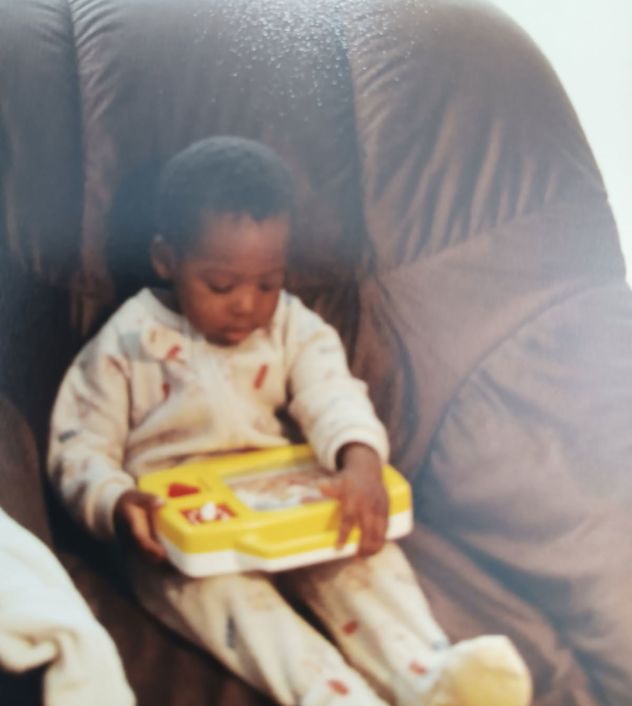
Thomas grew up in Florida and Virginia but spent most of his adult life in Texas, where he worked a variety of odd jobs, including in construction, cleaning, and working for a car wash. He was often homeless and was convicted of various crimes, including drug possession, robbery and theft stretching back to at least 2006, which led to several years of incarceration. He served a 30-day sentence in 2011 for a misdemeanor domestic violence charge. Thomas most recently spent 2020 to 2023 incarcerated for driving while intoxicated and harassment of a public servant, a third-degree felony, according to Texas Department of Public Safety records.
Department of Homeland Security Assistant Secretary Tricia McLaughlin described Thomas as “a violent, criminal illegal alien from Jamaica” who “spent nearly two decades posing a significant threat to public safety” in a statement shared with CNN. “Dangerous criminal aliens like Mr. Thomas have no place in American communities,” she said.
Thomas acknowledged he has committed crimes, including violent crimes. He said he was “put in situations in life where, you know, your hand’s forced to survive one way or another.” He has the bipolar type of schizoaffective disorder, according to medical records reviewed by CNN, and says he was taking psychiatric medication in the US – although he’s now about to run out of his medications in Kingston.
His family member said Thomas has “made a lot of wrong choices” exacerbated by his mental health problems but he is “not violent.” They think he should face legal consequences for any crimes he has committed in the US instead of being deported to a foreign country where he has no legal standing.
Thomas says the saga resulting in him being stranded and homeless in Jamaica started in February, when he was evicted from the apartment he shared with friends in Killeen, Texas, about an hour north of Austin.
Constables serving the eviction notice took all the items out of the home and left them in the front yard, Thomas said. Thomas returned the next day to check on his and his roommates’ belongings, along with his adoptive daughter’s dog. Then police arrived, saying they received a call about a dog chained up. He pointed out the dog was on a leash, not chained up, and when police asked for his identification, he refused, saying he had not committed any crimes. Then officers handcuffed him and took him to jail, and the dog to the pound, he said.
Records from the Texas Department of Public Safety show he was arrested on February 21 for criminal trespass, a misdemeanor. He pleaded no contest and was sentenced to 30 days in jail, along with a $100 fine and court costs. He told CNN he pleaded no contest because his court-appointed lawyer told him trying to fight the charge could leave him in jail for months.
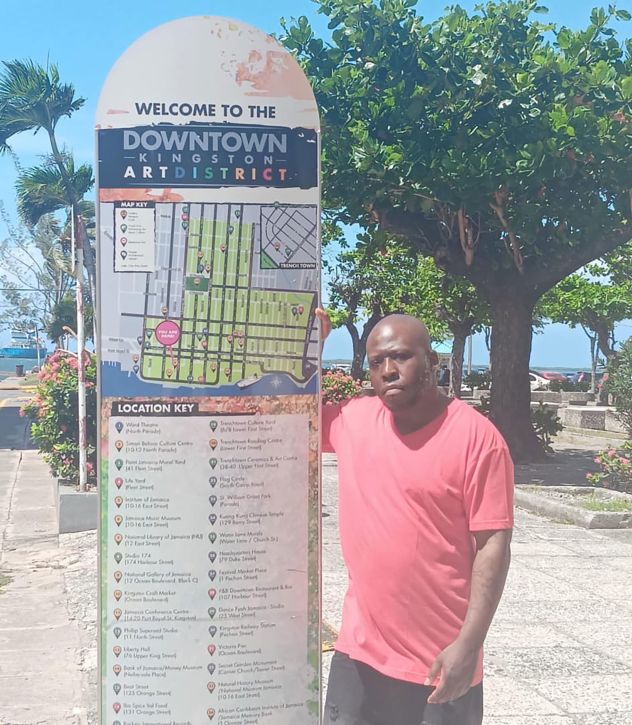
The Killeen Police Department told CNN they became involved after a request from Animal Control but didn’t offer more details on how the arrest unfolded. CNN has reached out to the Bell County attorney’s office for comment about the public defender’s work on the case.
At the end of his 30-day sentence, Thomas was picked up by ICE and transferred to an immigration facility. After a few weeks, he says, he was put in a cell with men who said they were going to be deported to Nicaragua.
“I banged on the door and asked for an officer to come let me know what was going on,” he said. Then, he said, a supervisor assured him he was not going to be deported, just transferred to another facility.
But in the transport van, he said he was told some detainees were being deported to Nicaragua and the others to Jamaica. Despite his protests to the contrary, officers insisted he was a Jamaican citizen being deported to Jamaica, he said, and forced him on a plane. He said he was “treated like a fugitive,” surrounded by 10 US Marshals on the plane. ICE referred CNN to the Department of Homeland Security’s statement on the case.
Aboard a plane to a country he’d never been to on May 28, with only the clothes on his back, “All hope was lost,” he said. “I didn’t see a future.”
Thomas said until his early 20s, he never considered he might not be a US citizen. Since his father was a US citizen, he never questioned his own immigration status.
It all changed in 2008, when he was picked up by ICE after he was released from a two-year jail sentence for felony drug possession charges. He recalled his father explained his situation to immigration authorities and he was released. Then, in 2013, he received a Notice to Appear from the Department of Homeland Security, which alleged he was a Jamaican citizen with criminal convictions in the US and thus subject to deportation.
The proceedings led to a lengthy legal battle centered on whether a US military base counts as “in the United States” for the purposes of birthright citizenship, a legal principle clouded by uncertainty after a recent Supreme Court ruling. While his lawyers have argued, as the son of a US citizen born on a US military base, Thomas is a citizen under the 14th Amendment, a 2015 appeals court ruling found he was not a citizen and was deportable. The Supreme Court denied a petition to hear his case, which was supported by several members of Congress in 2016.

In its denial, the Supreme Court supported the lower court’s finding that being born on a US military base did not count as being born “in the United States” for the purposes of the 14th Amendment, which guarantees citizenship to anyone born “in the United States, and subject to the jurisdiction thereof.” Although the US military controls its bases abroad, they aren’t considered US territory, according to the State Department.
Additionally, people like Thomas born to at least one US citizen abroad are typically automatically US citizens – though there are some restrictions, and the law has changed over time. But Thomas’ US citizen father “did not meet the physical presence requirement of the statute in force at the time of Thomas’s birth,” making him ineligible for citizenship through his father, too, the appeals judge ruled. At the time of Thomas’ birth, his father had only been in the United States – including his military service – for nine years; the law required he be in the country for 10 years to confer citizenship on his children. If Thomas had been born just a year later, he would be a US citizen.
In filings to the Supreme Court, Thomas’ lawyers referenced John McCain, the longtime senator from Arizona, who was born on a US naval base in the Panama Canal Zone. When McCain ran for president in 2008, his birthplace attracted scrutiny, since the Constitution requires a US president to be a “natural-born citizen,” a phrase inspiring debate. But a bipartisan legal review concluded he was indeed a natural-born citizen and eligible for the presidency. The government in Thomas’ case argued the Panama Canal Zone was at the time of McCain’s birth a US sovereign territory, unlike the military base where Thomas was born in Germany.
Thomas’ relative said they were shocked by the court finding against him, especially considering his father served 18 years in the military.
“My question is, why would you hold a child responsible for something that he had no control over or knowledge of?” they asked.
Despite the court ruling he was not a US citizen, Thomas stayed in the country, the only home he’s ever known. He said after his Supreme Court bid was rejected, he reported to immigration authorities in San Antonio for several months until, he says, an officer told him he didn’t need to report back anymore.
“I’d like for all those serving any branch of government service to know that this can happen to their children when they pass away, after putting their lives on the line for this country,” he said.
Thomas struggled to understand his situation as a stateless person after the 2016 Supreme Court denial. “Who’s ever even really heard of such a thing?” he said. “What are you supposed to do when you’re stateless?”
He says he is not a citizen of Germany, where a birth certificate reviewed by CNN verifies he was born in a US military hospital, or of Jamaica, confirmed by a letter sent to Thomas by the Jamaican consulate in Miami and reviewed by CNN. Under the Jamaican constitution, children of Jamaican citizens born outside the country have to formally apply for citizenship. Neither is he a citizen of Kenya, where his mother was born and only fathers can pass down citizenship to children born abroad.
Situations like Thomas’ are relatively new and uncommon in the US, according to Betsy Fisher, an immigration lawyer and lecturer in refugee law at the University of Michigan Law School.
A stateless person is “a person whom no state considers as a national under the operation of its law,” she said. There were estimated to be over 200,000 stateless people in the US in 2022, according to the University of Chicago Law School’s Global Human Rights Clinic.
Legally speaking, Thomas has likely been stateless his whole life, Fisher explained, which made him “vulnerable to being deported and experiencing this loss of community, connections, legal identity, everything that he’s experiencing in Jamaica.”
His situation “falls kind of perfectly in these cracks between ways to be a US citizen,” she said.
US law doesn’t require a person be a citizen or have any legal status in a country to which they’re deported, she said, and the US isn’t a party to either of two UN conventions on statelessness, which offer people at least some protections. Nonetheless, it’s “a recent phenomenon that a stateless person would be deported to a country where they don’t have a legal connection.”
“It’s been hard, inconvenient, and often I think seen as inhumane to deport someone to a place where they’re not going to have any legal status,” she said.
Attempts during Joe Biden’s administration to provide protections for stateless people in the US have been rescinded under the Donald Trump administration, she said.
“We’re really moving backwards on this issue,” she said. “This would be something that Congress could very rapidly fix if they were motivated to do so.”
Thomas’ relative described his stateless status as being “like a life sentence.”
“You live on the fringes of society, because you don’t have no legal status that gives you a chance to work, to have housing, to do anything,” they said.
Waking up each day in the sweltering heat of Kingston, hundreds of miles away from his friends and family, “it takes me a while to get a grip on reality,” Thomas said.
“I just can’t realize that I’m still here,” he said. “Like this is a bad dream. This is a nightmare, but I’m really here.”
He originally stayed in a hotel room paid for by Jamaica’s Ministry of National Security, he told CNN. But he says he’s now in a homeless shelter, which can be loud, hot, and chaotic. “I’m always hungry, completely exhausted, on constant alert” in the shelter, he said.
Since he’s neither a Jamaican citizen nor a foreign citizen, he’s unable to apply for a legal ID and work in the country, he said. “I don’t know what I’m about to do,” he said. “I don’t know nobody.”
Although the people he has interacted with in Jamaica have been “respectful and hospitable,” most of them speak Jamaican Patois, an English-based creole language he finds difficult to understand. “There’s a lot of barriers and a lot of complications,” he said.
Thomas’ relative said it is “horrible” to monitor his harrowing situation from afar, speaking with him daily via social media messages. His family, some of whom are not US citizens, told CNN they want to visit but feel terrified they will be barred from returning to the US.
“It’s like I’ve lost him forever,” the relative said. “Because I will never go there, because chances are, I will not be allowed back.”
Thomas, meanwhile, misses “the feeling of freedom and being free to be myself” in the United States.
“I just want to know when I’m going home,” he said.

